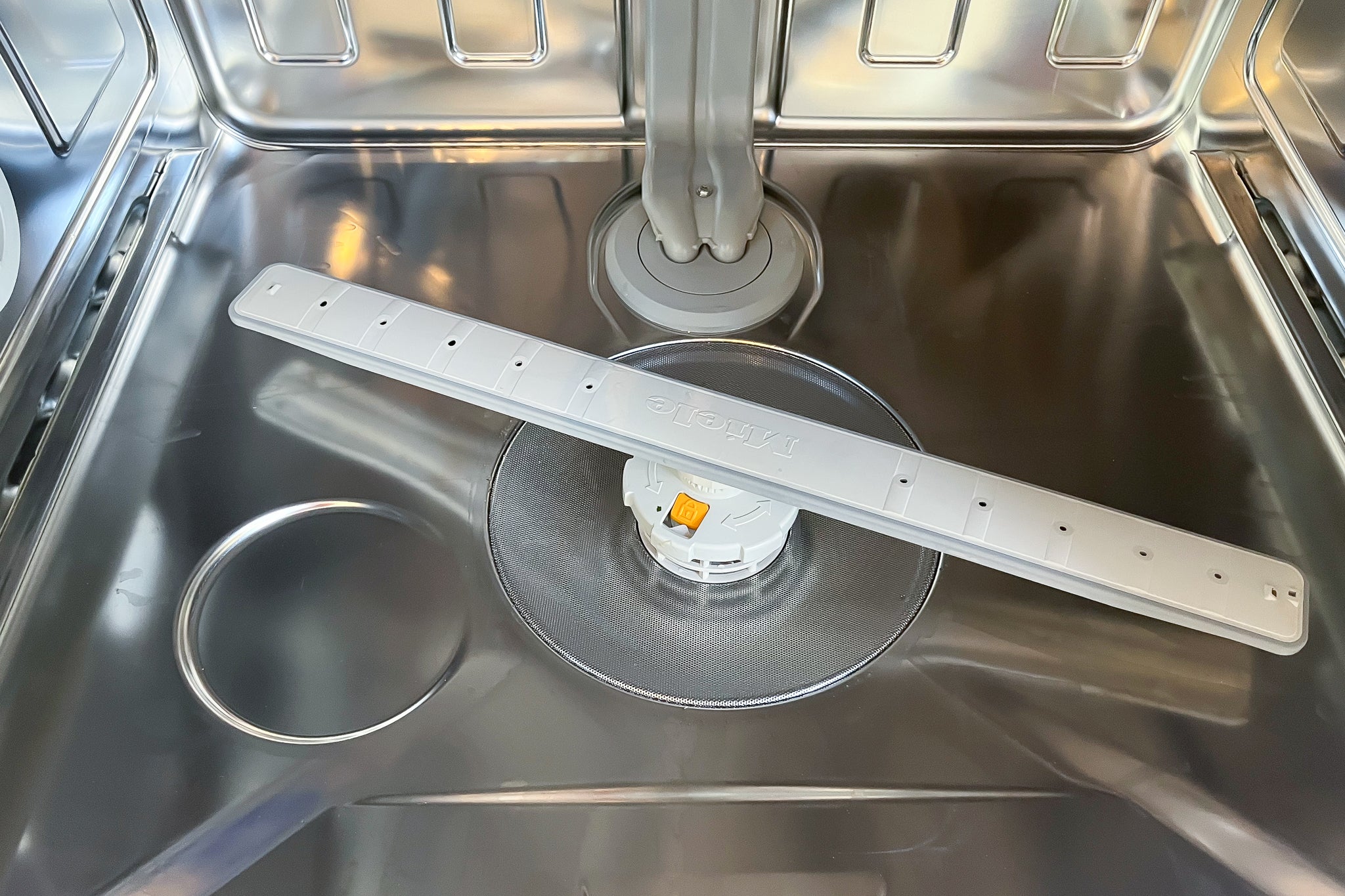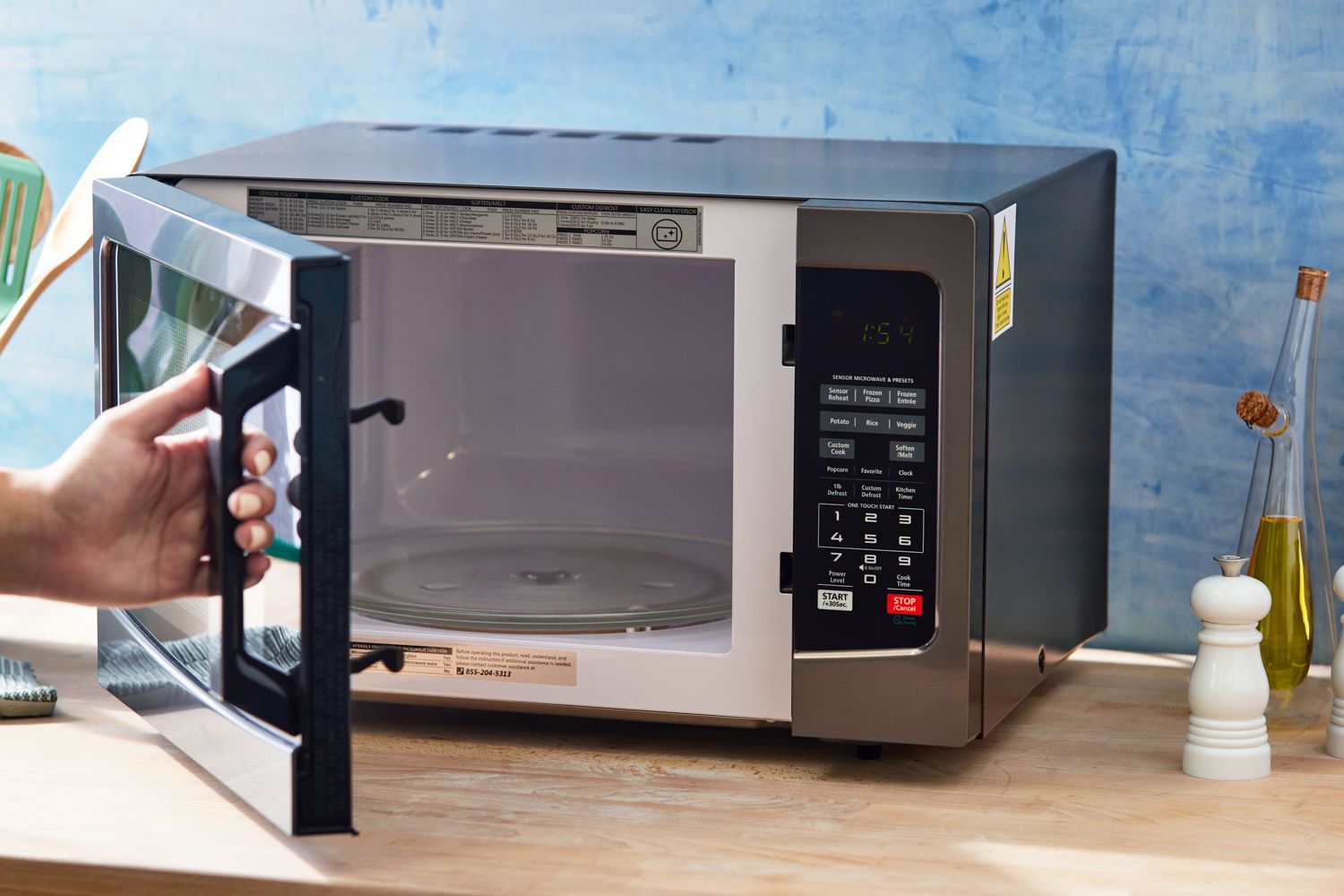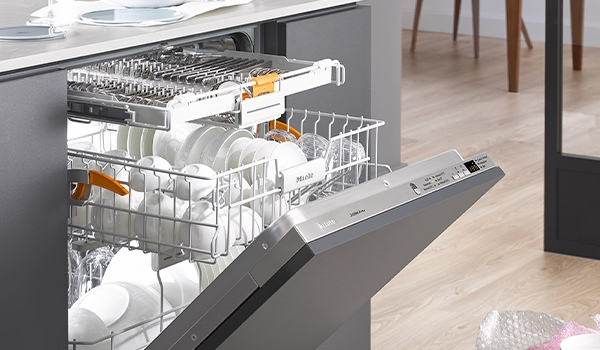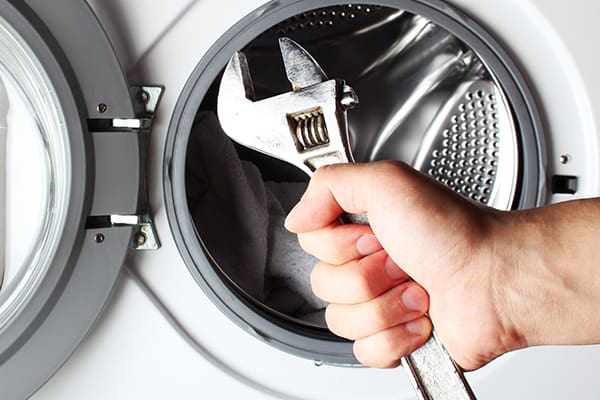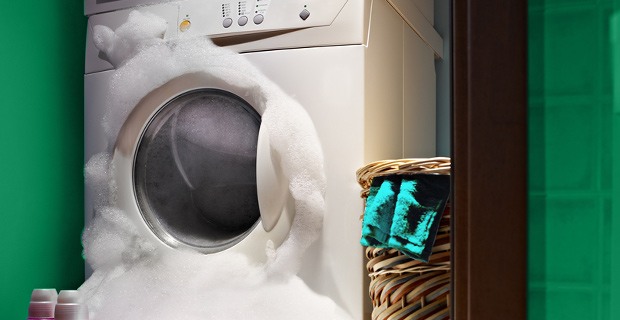What happens if a different brand of filter is put in the dishwasher?
General maintenance for dishwashers is essential to ensure they run efficiently and last longer. Start by cleaning the filter regularly to prevent clogs and improve water flow. Wipe down the door seals and gaskets to remove any debris or grime that could lead to leaks. Run an empty cycle with a cup of white vinegar monthly to eliminate odors and buildup inside the machine. Check and clear the spray arms to ensure optimal water distribution. Additionally, inspect hoses for any wear or leaks periodically. These simple steps can significantly extend the life of your dishwasher and maintain its performance.
What happens if a different brand of filter is put in the dishwasher?
Dishwasher filters play a crucial role in keeping your appliance functioning smoothly and delivering consistently clean dishes. Positioned to catch food particles, debris, and other residues, the filter prevents these elements from clogging the water outlet or damaging the dishwasher’s internal components. A clean and efficient filter helps maintain proper water flow, enhances cleaning performance, and keeps energy consumption within an optimal range. Without a functional filter, debris buildup could affect not only the cleanliness of your dishes but also the lifespan of the appliance itself.
Despite the importance of using a high-quality, compatible filter, some users consider switching to a different brand of filter for several reasons. Cost can be a major factor, as original manufacturer filters may come with a higher price tag than some generic or third-party options. Additionally, availability might lead users to explore alternatives if the original brand filter is out of stock or difficult to access. While choosing a different brand may seem convenient or cost-effective, it's essential to consider how compatible the alternative filter is with your dishwasher. Using an incompatible or lower-quality filter could potentially impact cleaning results and even cause harm to the machine in the long run.
Why Dishwasher Filters Matter?
Dishwasher filters are integral to the appliance’s performance, as they catch food particles, debris, and other residues from dirty dishes. This filtration process prevents particles from recirculating onto dishes, ensuring they come out clean after each wash. By trapping waste materials, the filter minimizes the likelihood of blockages within the spray arms and water lines, which can otherwise disrupt the entire cleaning process. When filters are well-maintained and fully functional, dishwashers deliver consistently high cleaning results, keeping dishes spotless and free from any lingering food particles or residues.
The importance of dishwasher filters extends beyond just clean dishes—they also play a vital role in protecting the appliance itself. Without a filter, or with a poorly functioning one, food particles and debris can accumulate inside the machine, especially in critical parts like the pump or drainage system. Over time, this buildup can lead to malfunctions, reduced performance, and even costly repairs. A clogged or inefficient filter can strain the dishwasher’s motor and other components, potentially shortening the machine's lifespan. By capturing these particles, the filter reduces the need for frequent repairs and helps ensure the dishwasher remains in optimal condition for years.
Additionally, filters contribute to the dishwasher’s energy efficiency. When filters are clear and functioning properly, water can flow freely through the machine, allowing it to work efficiently and reduce overall energy consumption. A clogged or ineffective filter requires the dishwasher to work harder to maintain proper water circulation, which can lead to higher energy usage and utility costs over time. Thus, maintaining the filter or choosing the correct replacement when needed not only saves on energy bills but also reduces the environmental impact. In sum, dishwasher filters are key to ensuring effective cleaning, protecting the appliance, and promoting energy efficiency—making their proper maintenance a top priority for any dishwasher owner.
The Risks of Using a Different Brand of Filter
Using a filter from a different brand in your dishwasher may seem like a small decision, but it can lead to significant risks that impact the appliance’s performance, longevity, and efficiency. Here’s why sticking with the brand-specific filter is generally recommended and what can go wrong when using an incompatible filter.
- Compatibility Issues
- Performance Reduction
- Possible Damage
Compatibility Issues. Dishwasher filters are designed with precise specifications to fit particular models. Each brand tailors its filters to meet the dimensions, mechanics, and operational needs of its dishwashers. For example, the size, shape, and mesh density of a filter can vary considerably between brands, as they’re developed to work within specific water flow systems and spray arm designs. Using a different brand’s filter can result in an improper fit, leading to issues like loose connections, leaks, or inadequate filtration. Brand-specific filters ensure compatibility with the dishwasher’s mechanics, reducing the chances of malfunction.
A mismatched filter may not seal properly or could disrupt the intended flow of water and detergent, impacting cleaning results and efficiency. Additionally, some brands use proprietary technologies or specialized materials that may not be available in generic or alternative brand filters. These unique features enhance performance and efficiency, making the original filter an essential part of the dishwasher’s design. While it may be tempting to choose a different brand for convenience or cost reasons, the potential for compatibility issues often outweighs the benefits.
Performance Reduction. One of the most noticeable risks of using a different brand’s filter is a reduction in overall dishwasher performance. Filters play a critical role in water flow by allowing clean water to circulate while catching food particles and other residues. An incompatible filter may have different mesh sizes or shapes, affecting the water pressure and the direction of water flow inside the dishwasher. This can reduce the cleaning power of the spray arms, leaving dishes less clean than expected.
Moreover, poor filtration can result in particles and debris remaining in the dishwasher’s water system, which can cause dishes to come out with food particles or greasy residues. Such performance issues not only impact cleanliness but can also create more work, as you may need to rewash dishes. Furthermore, an inefficient filter increases the likelihood of clogs, which can affect the water pump and drainage system. In the long run, a dishwasher forced to work with restricted water flow may consume more energy as it struggles to reach the desired cleaning standards, leading to higher utility bills.
Possible Damage. Perhaps one of the biggest risks of using an incompatible filter is the potential for long-term damage to the dishwasher. Filters are designed to catch debris and protect essential parts of the appliance, such as the pump and drainage system, from particle buildup. Using a filter that doesn’t fully fit or lacks the proper filtering capability could allow debris to pass through, causing blockages in the pump or clogging the spray arms. These issues can result in costly repairs, as the pump and spray arms are critical to the dishwasher’s operation.
Incompatible filters may also put undue strain on the dishwasher’s motor and other mechanical components. When debris builds up in essential parts, the machine has to work harder to achieve the same cleaning power, accelerating wear and tear on the motor and other parts. Over time, this extra strain can shorten the appliance’s lifespan, leading to the need for early replacement. Additionally, a non-original filter may void the manufacturer’s warranty, leaving you responsible for repair costs if damage occurs due to incompatible parts.
Warranty and Service Implications
Using a non-original brand filter in your dishwasher can have significant implications for the appliance’s warranty and service options. Most manufacturers include specific terms in their warranties that require the use of original parts or authorized replacements to ensure that the appliance performs as intended. Installing a non-original filter often violates these terms, which may void the warranty entirely. This means that if any issues arise related to or caused by the use of an unauthorized part, the manufacturer is not obligated to cover repair costs. Without warranty coverage, you could be responsible for potentially costly repairs or even full replacement in cases of severe damage.
In addition to warranty concerns, using a different brand of filter may make it harder to find repair services willing to work on the appliance. Many repair technicians prefer or even require the use of original parts, especially if they are certified by the dishwasher's manufacturer. Unauthorized parts can make it challenging for technicians to diagnose and resolve issues effectively, as they might not perform or fit the same way as original components. If a repair is needed, this could lead to delays, additional fees for troubleshooting, or even refusal of service. To avoid these potential complications, it’s generally best to use filters recommended by the manufacturer, preserving warranty protection and ensuring easy access to quality repair services when needed.
Recommended Best Practices
When choosing a replacement filter for your dishwasher, following best practices can help ensure optimal performance and protect your appliance. First, check the compatibility of any filter with your specific dishwasher model. This information can usually be found in your dishwasher manual or on the manufacturer’s website, where approved parts are listed by model number. Matching the filter to your dishwasher model is essential for maintaining proper water flow, cleaning efficiency, and the longevity of the appliance.
If the original filter isn’t available or you’re considering alternatives, prioritize filters certified by the dishwasher’s manufacturer. Certified filters are designed to meet the appliance's specifications, ensuring they fit and perform correctly. Some reputable third-party brands also offer filters compatible with specific dishwasher models, but it’s essential to verify these claims through customer reviews or by consulting your dishwasher manual. Reliable third-party brands often emphasize compatibility and quality, making them a safer choice over generic filters.
Additionally, avoid opting for significantly cheaper filters that lack brand recognition or certification, as they may not provide the same level of filtration and could risk damage to your machine. Always confirm that the filter’s material, size, and mesh density match the manufacturer’s requirements. By choosing the right filter with these guidelines in mind, you can help maintain your dishwasher’s performance, reduce potential repair costs, and ensure a reliable, efficient cleaning experience for years to come.


